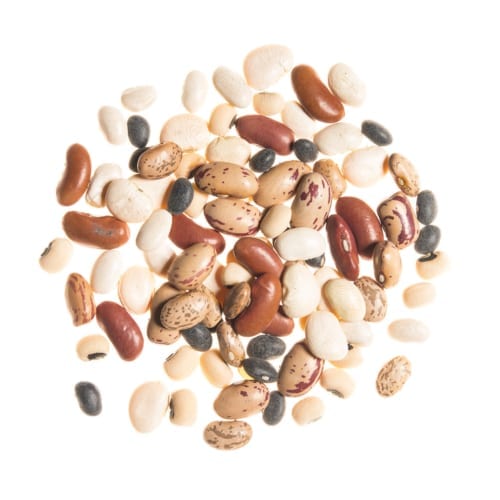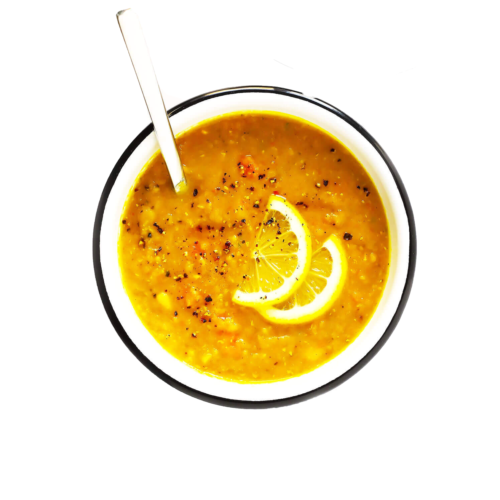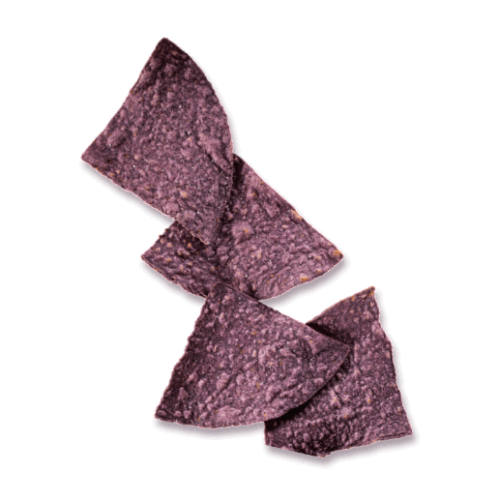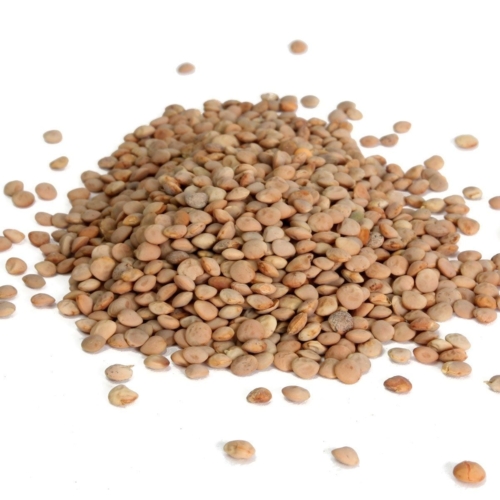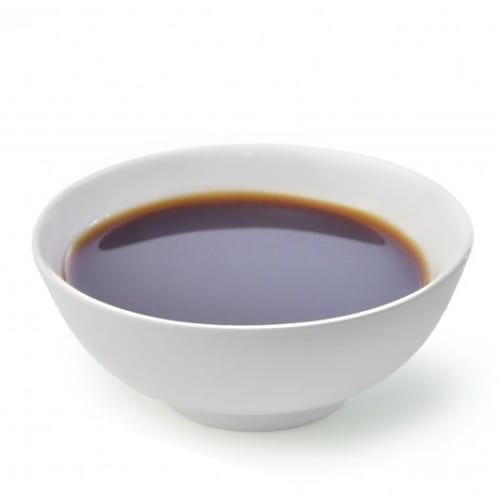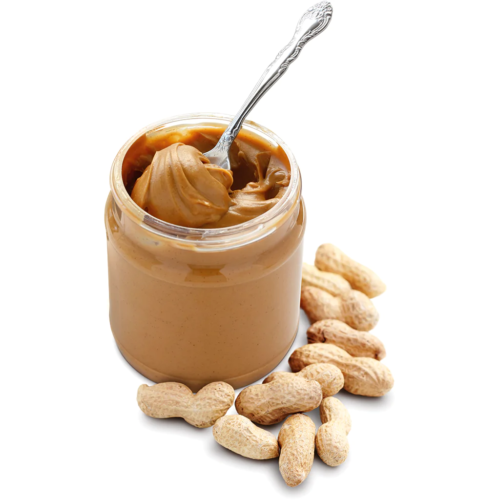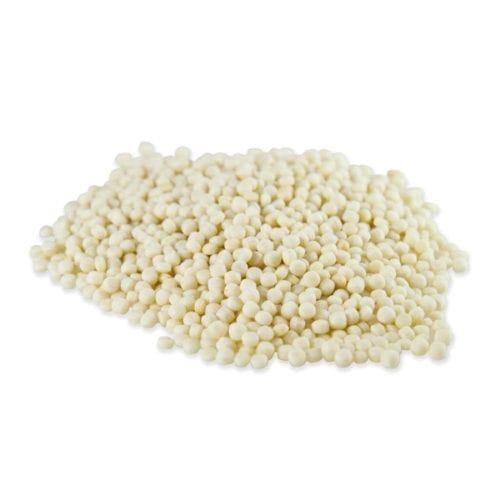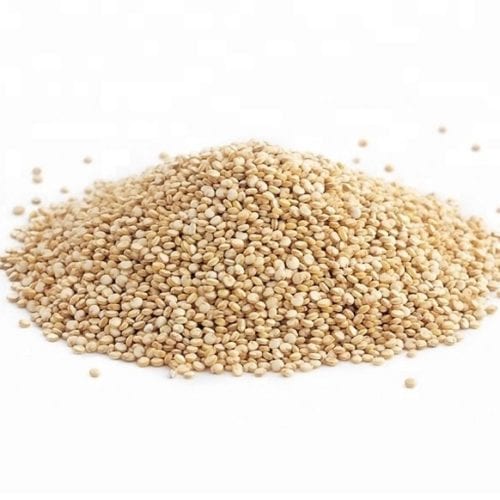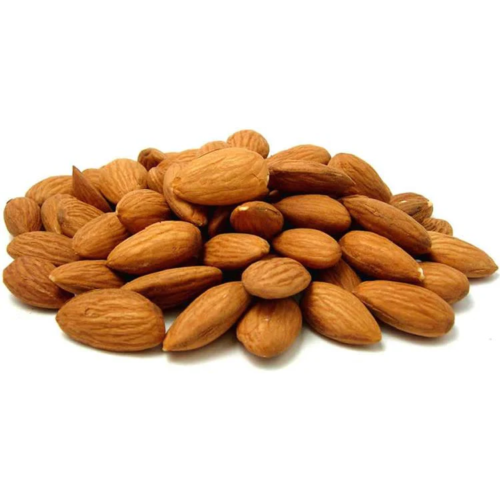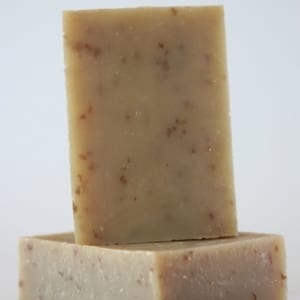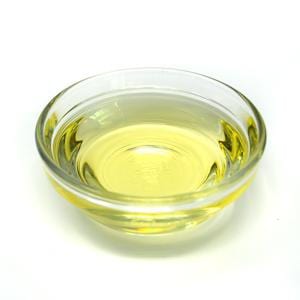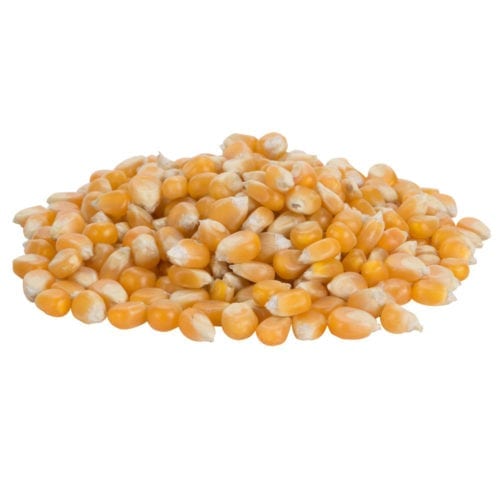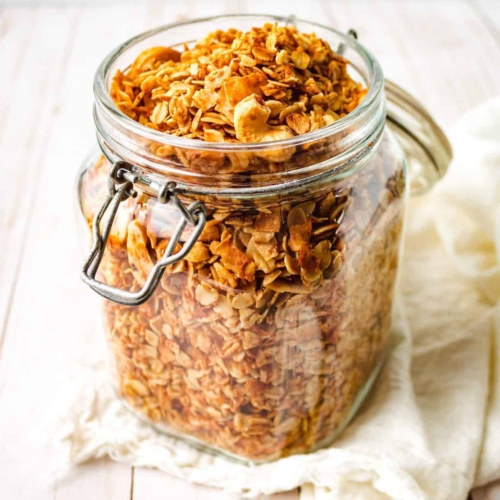
$5.99 — available on subscription
$5.99 — available on subscription

Sourdough & Sea Salt Crackers
Organic • Vegan • Non-GMO
Ingredients: Organic wheat flour, organic sunflower oil, organic sourdough (fermented organic rye flour, salt), sea salt, lactic acid, organic rosemary, baking soda, organic yeast extract, organic garlic, organic onion, organic oregano.
Packaging: Cracker box is made with 100% recycled fiber (diverted from waste stream) and is curbside-recyclable. The plastic bag inside the box can be brought back to Nude Foods Market and and we will specialty recycle it through Terra Cycle.
Size: 4.4oz box = about 4.5 servings
Sourcing:
About Patagonia Provisions: “Industrial agriculture depletes soil, poisons water and threatens the outdoor places we love. Protecting the earth, and our future on it, means we have to find a better way. So we make foods that restore the planet instead of destroying it. As our founder Yvon Chouinard says, “People buy a jacket every few years, but they eat several times a day. If we’re going to save our home planet, it starts with food.” If we keep farming conventionally, the world’s topsoil, which produces nearly all our food, could disappear within 60 years, according to the United Nations. Regenerative organic farming creates thriving populations of microbes, which break down organic matter (dead plants) into topsoil. Also, regenerative organic systems like agroforests and no-till farms planted with perennials have well-developed roots that keep topsoil from eroding.”
